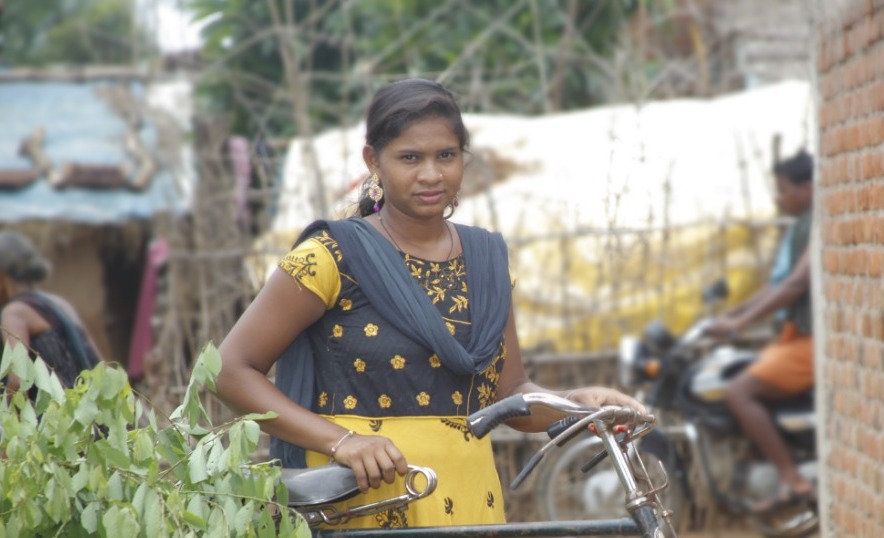Bhubaneswar: She was trafficked once and till now she has rescued more than 6,000 victims of human trafficking. Meet Manasi Bariha.
This tribal girl from Bolangir has created ripples in the state for showing courage, determination and presence of mind in rescuing more than 6,000 of her co-workers and many others from nearby brick kiln centres in Tamil Nadu.
The 19-year-old Manasi Bariha along with 355 other workers from different parts of Odisha like Bolangir, Nuapada and Kalahandi among others had gone to work at a brick kiln of Pudhukuppam in Tiruvallur.
The working conditions at the brick kiln were horrible, victims said. The workers were forced to toil beyond normal working hours and paid a meagre Rs 250 per week. They were kept in shanties and had to attain their brick production targets. The workers sweated it out and hoped that once they complete their targets, they could leave. But, even after completion of the work, the kiln owner did not let them go. Victims say that the owner asked his men to resort to violence to make the workers stay. Workers were dragged out of their shanties and forced to continue making bricks. She anyhow was able to sneak away and dialled up all her cell phone contacts. She shared the disturbing images at the shanties and at the kiln, seeking help.
Soon the government officials and police were alerted and help arrived. An FIR was lodged against the owner and associates; most of the culprits were caught.
The government also enquired about other brick kilns in the area and learnt about migrant workers trapped in difficult conditions. Majority of them were Odia workers. Subsequently, workers in as many as 30 brick kilns in Tiruvallur were rescued and allotted special trains for their travel so they can return home safely. And everything happened during these lockdown days.
Experts fear that the Covid-induced lockdown may make the poorer section of the society more vulnerable to trafficking.
“Unorganised and migrant workers are the most vulnerable to trafficking which has clearly taken the shape of an organised crime now with Covid-19 and the uncertainty surrounding it,” said Neenu Thomas, Director (Odisha Projects), International Justice Mission.

